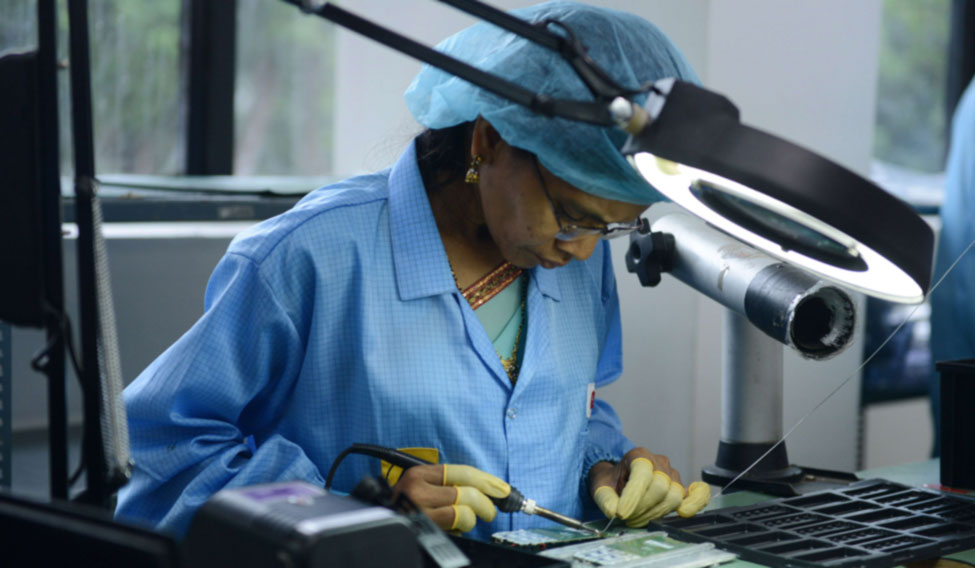Though a formal pre-budget wish list is yet to come from many software services companies and software company associations, it is very clear that there is expectation of the government in terms of better IT infrastructure and as per market reports, there are expectations of further boosting the 'Make in India' initiative.
Interestingly, there are also some reforms expected on the blockchain and the cryptocurrency fronts as well.
The Blockchain and Cryptocurrency Committee feels that given the growth in the number of participants in bitcoin and other cryptocurrencies, trading volumes and rupees traded, it is time that the government makes its stand known.
Even if a detailed policy framework is not possible at this stage, an indication of the government’s mind will help in the robust growth of one of the fastest-growing sectors of Fintech.
“The exponential growth in cryptocurrency prices has led to several individual players making profits. While tax advisers are providing clients with their view on whether this constitutes a business income (or loss) or a capital gain (or loss), a word of clarification will help taxpayers and could also increase tax collections,” said a committee spokesperson.
“Mining of bitcoin and other cryptocurrencies presents a unique 'Make in India' opportunity that can boost self-employment. In addition, the government support in this area will encourage import substitution of mining hardware.”
The spokesperson adds that despite its vast population and technical capabilities, India accounts for less than 1 per cent of global cryptocurrency activity. “Forward-looking policy framework will help India strive to assume a leadership position in cryptocurrencies,” the spokesperson added.
On the other hand, Vivek Agarwal, the cofounder of M-tech Informatics Ltd, the manufacturer of the M-tech mobiles brand, feels that the upcoming Union Budget 2018 will be a significant one as it will be the first budget after implementation of economic measures such as GST.
Agarwal feels that the Make in India initiative has encouraged local manufacturing and augmented production and India has emerged as the second-largest mobile phone market in 2018.
“As the country eyes the top position, the mobile phone industry expects the government to maintain and introduce more favourable policies for domestic manufacturers. In order to prevent dumping of phones in the Indian market, the government should increase the duty on CBUs to 20 per cent (recently the government has increased duty on CBUs from 10 to 15 per cent). This will provide domestic manufacturers a level-playing field vis-à-vis importers and encourage them to expand capacity,” he noted.
“We also expect the government to lower bank loan interest rate by 2-3 per cent as mobile phone manufacturing is a capital-intensive industry, with long credit cycles. With the introduction of GST, a lot of working capital is tied up, making it tough for manufacturers. Furnishing a bank guarantee, rather than blocking working capital, would be a big relief. Therefore, to ease the pressure and make manufacturers more competitive, a lower interest rate, coupled with bank guarantee, would be crucial. We also hope the government extends the IGST benefits to manufacturers,” remarked Agarwal.






